Day 19 of Noirvember: Is Gilda a Femme Fatale??
What is a femme fatale?
She’s described in several ways on ye olde World Wide Web. The first definition I encountered stated that a femme fatale is an attractive and seductive woman, especially one who is likely to cause distress or disaster to a man who becomes involved with her. Another said that this character, sometimes called a maneater or vamp, is a mysterious, beautiful, and seductive woman whose charms ensnare her lovers, often leading them into compromising, deadly traps. Yet another called her a woman who is very attractive in a mysterious way, usually leading men into danger or causing their destruction.
Sounds about right.
And now that that’s out of the way, here’s another question: is Gilda a femme fatale?
This issue came up a few weeks ago in my classic movie meetup group, and I thought it would be a perfect topic to explore here. Let me say from the outset – in my opinion, Gilda is decidedly not a femme fatale. Just because a woman is inordinately alluring, uncommonly sensual, and men fall all over themselves trying to curry her favor doesn’t mean she’s a femme fatale.
For those of you who are unfamiliar with this character, she’s played by Rita Hayworth in the 1946 film of the same name. Set in Argentina, the story centers on a triangle between the beautiful and erotic Gilda; her new husband, casino owner Ballin Mundson (George Macready); and her former lover – and Ballin’s right-hand man – Johnny Farrell (Glenn Ford). Outside of the goings-on involving these three, there’s other stuff happening in the film related to German mobsters and tungsten mines and cartels and such, but I really never understood (or cared) about those bits. It’s the relationships between Ballin and Gilda, Gilda and Johnny, and Johnny and Ballin for me.
So back to the question. And my answer. It’s my contention that in order to be a femme fatale, said femme has to be intentional. That is, she has to purposefully go after the money, or resolutely spin a web of deception, or decisively work to corrupt the clueless dude. It’s not a label that occurs by happenstance. She is the way she is because of the way she IS.
The closest that Gilda gets to femme fatale-ism relates to the first definition I offered above, for when it comes to Johnny, Gilda most definitely causes distress. But is that her fault? Was that her intention? I say no. It’s true that when Gilda was introduced as Ballin’s wife, Johnny’s life was irreversibly rocked. But it’s highly unlikely that Gilda learned that her ex-lover was working for Ballin Mundson and then set out to marry Ballin just so she could cause a disruption in Johnny’s world. She was certainly as surprised to encounter Johnny as he was to see her – she just did a better job at recovering from the shock.
Until Ballin’s disappearance, Gilda’s encounters with Johnny were brimming with disrespect, even contempt – but I don’t see anything femme fatale-ish in that. In fact, I’d venture to say that her actions were as much a response to Johnny’s behavior as they were a product of her own motivations. It can’t be denied that Gilda, on several occasions – beginning with the night that the trio had cocktails in the casino – seemed to get a kick out of needling Johnny; at best, she liked to see him squirm – at worst, she wanted to make him jealous. But showing Johnny a beautiful piece of jewelry that her husband bought her, or dancing with an admiring casino patron, hardly constitutes fatal conduct. If anything, she’s more like a willful child than a femme fatale, one who wants her own way, doesn’t want to be told what to do, and dares to show you that she can’t be controlled. (“I’ve got some some news for you, Johnny,” Gilda says in one scene. “I do exactly what I please, when I please. I was true to one man once – and look what happened.”)
Even when Gilda displayed her flirty side (or, her defiant side when Johnny attempted to rein in her flirting), she was harmless – at least, to Johnny. In fact, if Gilda hurt anyone, it was herself, with her tendency toward reckless actions. And, certainly, when Johnny married Gilda following Ballin’s death, HE was the one purposefully inflicting the pain and anguish on HER. Furthermore, once Gilda realized that her marriage to Johnny wasn’t to be the idyll she’d envisioned but, instead, a prison with a sadistic warden, she tried her best to escape.
For my money, femmes fatales are clearly, easily, unquestionably identified. Phyllis Dietrichson. Kathie Moffat. Kitty Collins. Cora Smith. Margot Shelby. The list is extensive. But Gilda Mundson Farrell isn’t on it. Gilda had a loving heart and a forgiving soul. She was sensitive and fragile and intense. She wasn’t a bad girl.
She just looked that way.
What do you think? Let me know . . . and join me tomorrow for Day 20 (only 10 more days – sniff!) of Noirvember!







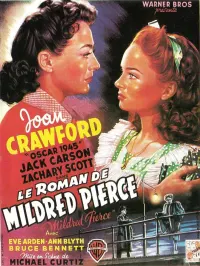




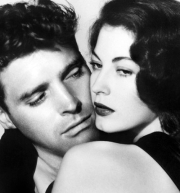
















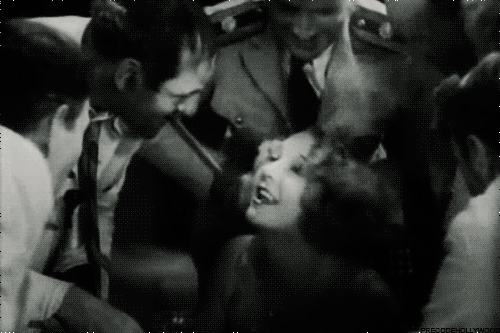


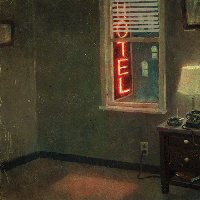
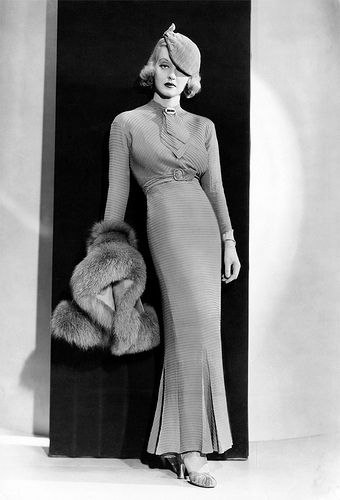



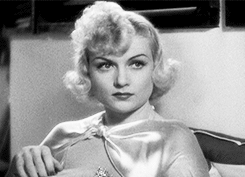

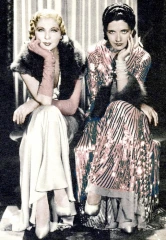

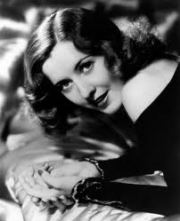



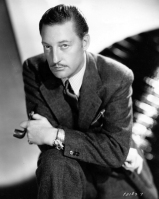




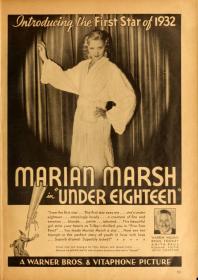
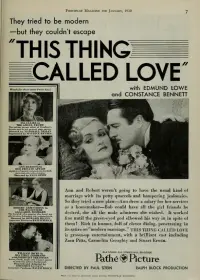

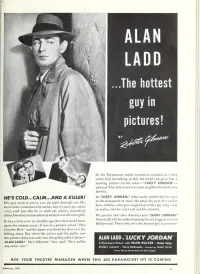


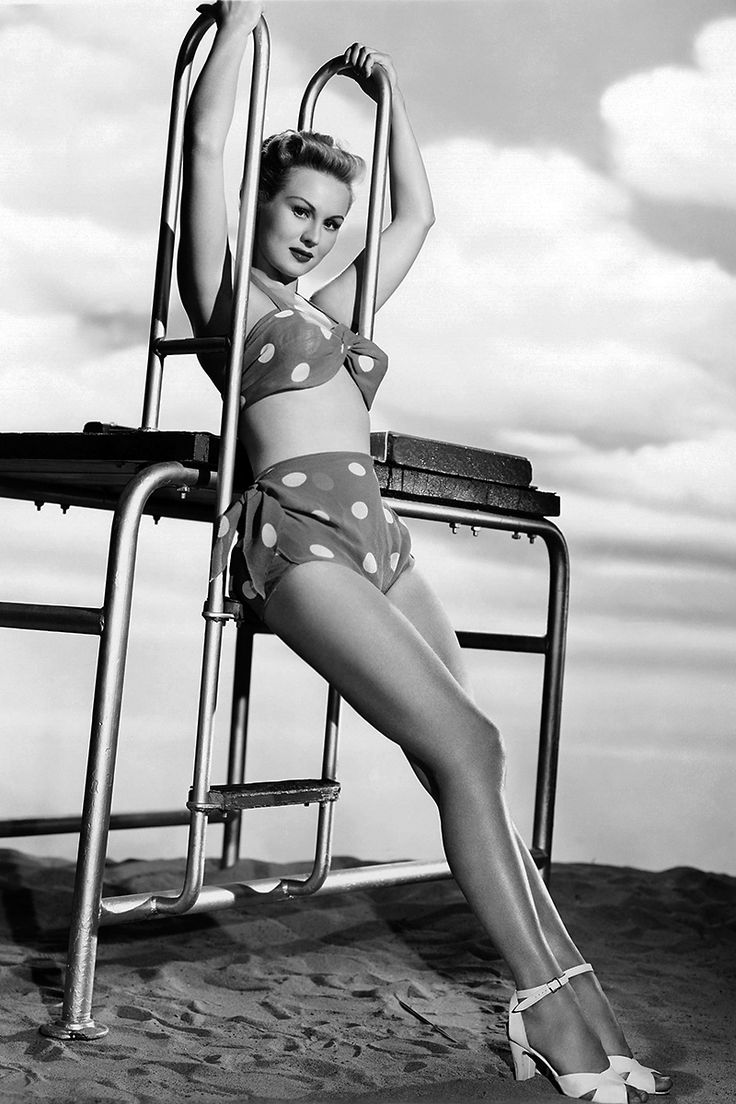







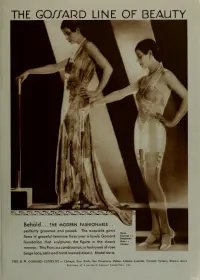



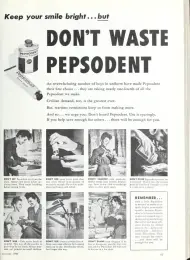


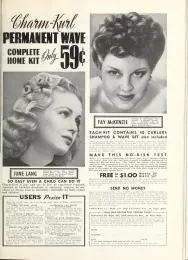





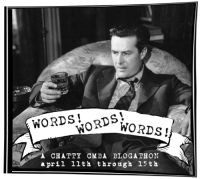

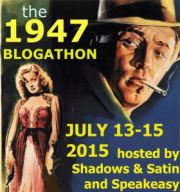

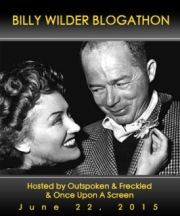





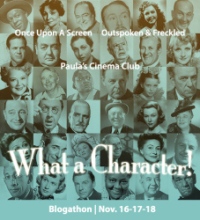



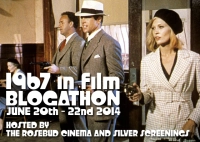


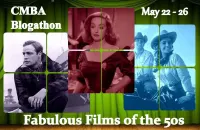
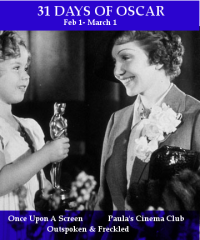













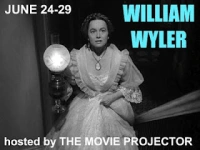





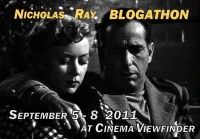

Wow. Did you nail it. I agree with you, not femme fatale actions. . Gilda was very hurt by Johnny. We didn’t get the full story about what caused their breakup.
Rita deserved Oscar nod. She was just sizzling in every scene.
Wish you’d write another book , and include this post.
Thank you so much, Vienna — you are the sweetest.
Seconded!
Yes! Gilda (the movie) can be viewed as a critique of the whole idea of the femme fatale. This identity, “the bad woman”, is something Johnny PROJECTS onto Gilda, and he discovers in the end that it came from him, not her. And the suggestion may be that most or all femmes fatales are the same, normal women who have been seen through a distorting lens held up by men.
So well said! (And so sadly relatable.)
Thank you, David — what a fascinating insight. You are so right about Johnny projecting onto Gilda.
What a coincidence, or else you are psychic. I just watched Fire Down Below (1957) starring Rita Hayworth, Robert Mitchum, and Jack Lemmon.
https://tubitv.com/movies/100006167/fire-down-below
The basic plot is pretty standard — two guys (friends and business partners) vying for the same woman. Hayworth is not a femme fatale as she’s not too enamored with men in general.
Irena (Hayworth):
“I’m no good. I’m all worn out. I’ve been passed from hand to hand. I’ve had to submit to things that nice young American boys couldn’t conceive of in their wildest nightmares. I’ve lived among the ruins. Armies have marched over me. Armies. I’ve been debased. I look in the mirror and I say, ‘What a lie.’ At first glance, a face looks like a face of a human being.”
“Sometimes you wonder what God had in mind when He invented the male sex.”
Mitchum’s character was named “Felix” which made me think, “Felix, Jack Lemmon, The Odd Couple” — except that The Odd Couple was 11 years later. Then I saw Bernard Lee in the credits. He played “M” in the Bond movies. Albert R. Broccoli (the producer) also had a cameo role. This was several years before Broccoli launched the Bond franchise. And who was Bond’s CIA liaison?
Felix Leiter.
In any case, the pairing of Mitchum and Lemmon seemed like a miscast odd couple.
Favorite line:
Felix: “I sowed my wild oats a long time ago. Been living off the crop ever since. Not very nutritious.”
Irena: “I’m waiting for someone to touch me with kindness.”
So interesting! I know about this movie but I’ve never seen it, and had no idea about the plot. Thank you for this!
“Let me say from the outset – in my opinion, Gilda is decidedly not a femme fatale. Just because a woman is inordinately alluring, uncommonly sensual, and men fall all over themselves trying to curry her favor doesn’t mean she’s a femme fatale.”
Preach, sister!
“Outside of the goings-on involving these three, there’s other stuff happening in the film related to German mobsters and tungsten mines and cartels and such, but I really never understood (or cared) about those bits. It’s the relationships between Ballin and Gilda, Gilda and Johnny, and Johnny and Ballin for me.”
This bit made me very seen. I like intrigue as much as the next film noir fangirl, but in this particular case the non-love triangle stuff doesn’t register for me. Whenever anyone starts talking business, it hits my ears like the sad trombone sounds of adults talking in Peanuts cartoons.
“Until Ballin’s disappearance, Gilda’s encounters with Johnny were brimming with disrespect, even contempt – but I don’t see anything femme fatale-ish in that. In fact, I’d venture to say that her actions were as much a response to Johnny’s behavior as they were a product of her own motivations.”
THANK YOU!
I’ve always felt that Hayworth played Gilda with the self-protective bravado of a heartbroken dame, not the conniving guile of a femme fatale. There’s an immaturity in how Johnny and Gilda relate to one another, as if they regress to the emotional maturity of their younger selves in each other’s company.
“Gilda had a loving heart and a forgiving soul. She was sensitive and fragile and intense. She wasn’t a bad girl.
She just looked that way.”
Perfectly said! A lovely coda to a great post.
Thank you so much for your kind words, Maudie! And this?
” . . . it hits my ears like the sad trombone sounds of adults talking in Peanuts cartoons.”
Had me laughing out loud in appreciation. How do you come up with this stuff??
Awwww… Thanks, sister!
Knowing I’m among friends helps 🙂
“…self-protective bravado of a heartbroken dame, not the conniving guile of a femme fatale. There’s an immaturity in how Johnny and Gilda relate to one another, as if they regress to the emotional maturity of their younger selves in each other’s company.” Excellent insights & beautifully expressed, Miss Maudie! 🎬😎
Thank you so much, Cynthia! Your kind words made my day!!
💛🎬😎
Tubi TV describes Gilda as: “A beguiling femme fatale …”
… but I agree that she doesn’t fit the mold in the truest sense.
https://tubitv.com/movies/691806/gilda
Most descriptors of Gilda on the internet call her a femme fatale. After a while, it occurs to me that it’s either laziness or ignorance.
She’s absolutely not a Femme Fatale. She appears to us as one at first because visually she seems to be one and we’re seeing her through Johnny’s eyes. She’s one of the warmest and most decent women in Noir. Perfect example of some men projecting their own issues onto a woman and then seeing her through their own messed up gaze.
I couldn’t have said it better, Maddy — I agree one hundred percent.
Yes! Agreed. And I can’t possibly add anything better than you and the other commenters have already said. A whole lot of projection going on when it comes to Gilda.
Thank you, Kristina — you are so right about the projection!
Love your analysis of the “femme fatale” and Gilda in particular, Karen! Btw, just saw “Scotland Yard Inspector” (aka “Lady in the Fog”) and can say Lois Maxwell (the future Miss Moneypenny) had pure evil in her character, w/ no ‘projection’ of male issues distorting her real persona; therefore, she was a true femme fatale, bringing destruction to anyone in her path. 🎬😎
Thank you, Cynthia — and thank you for mentioning Lady in the Fog. It’s new to me and I’m putting it on my watchlist right now!